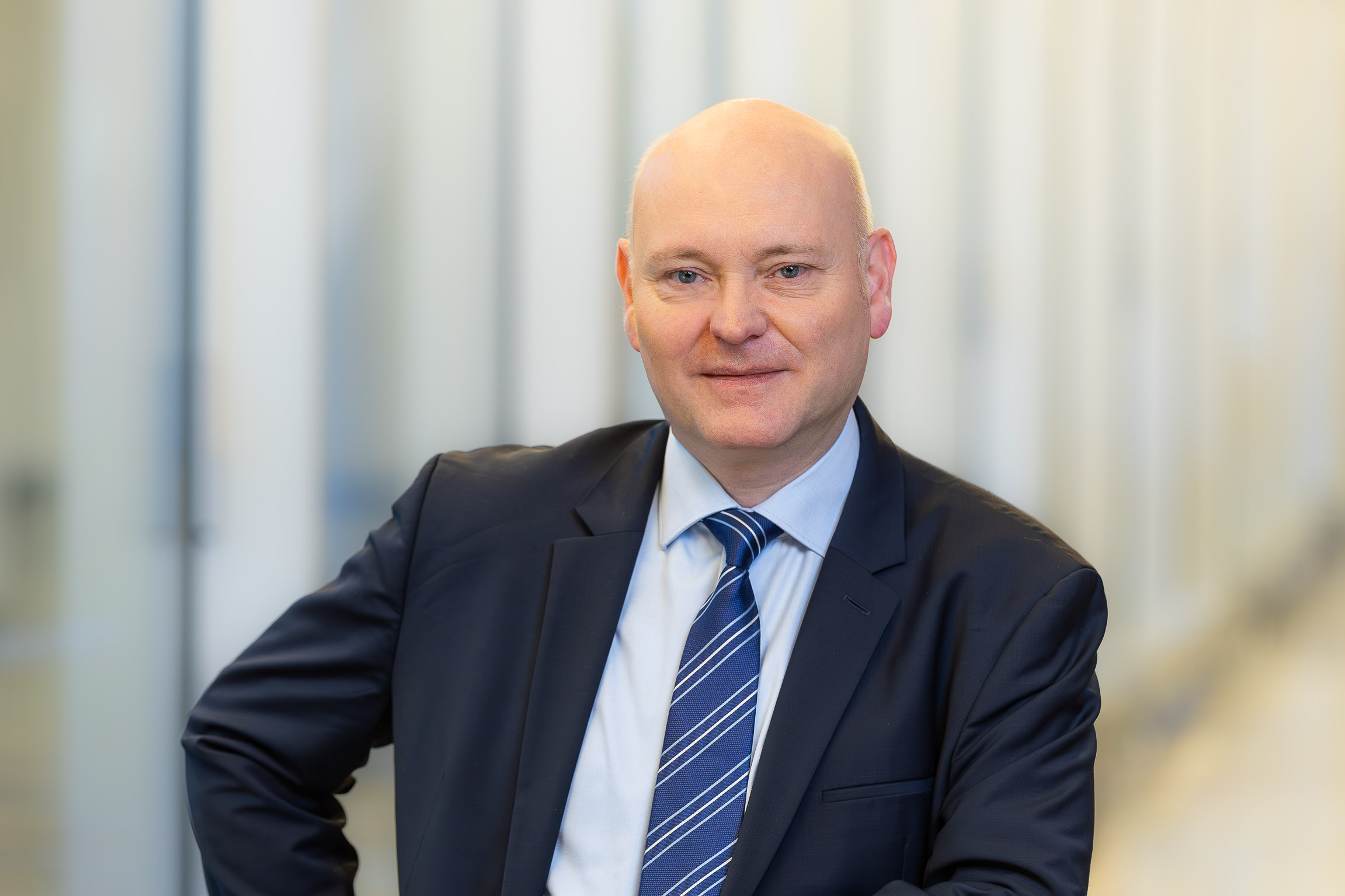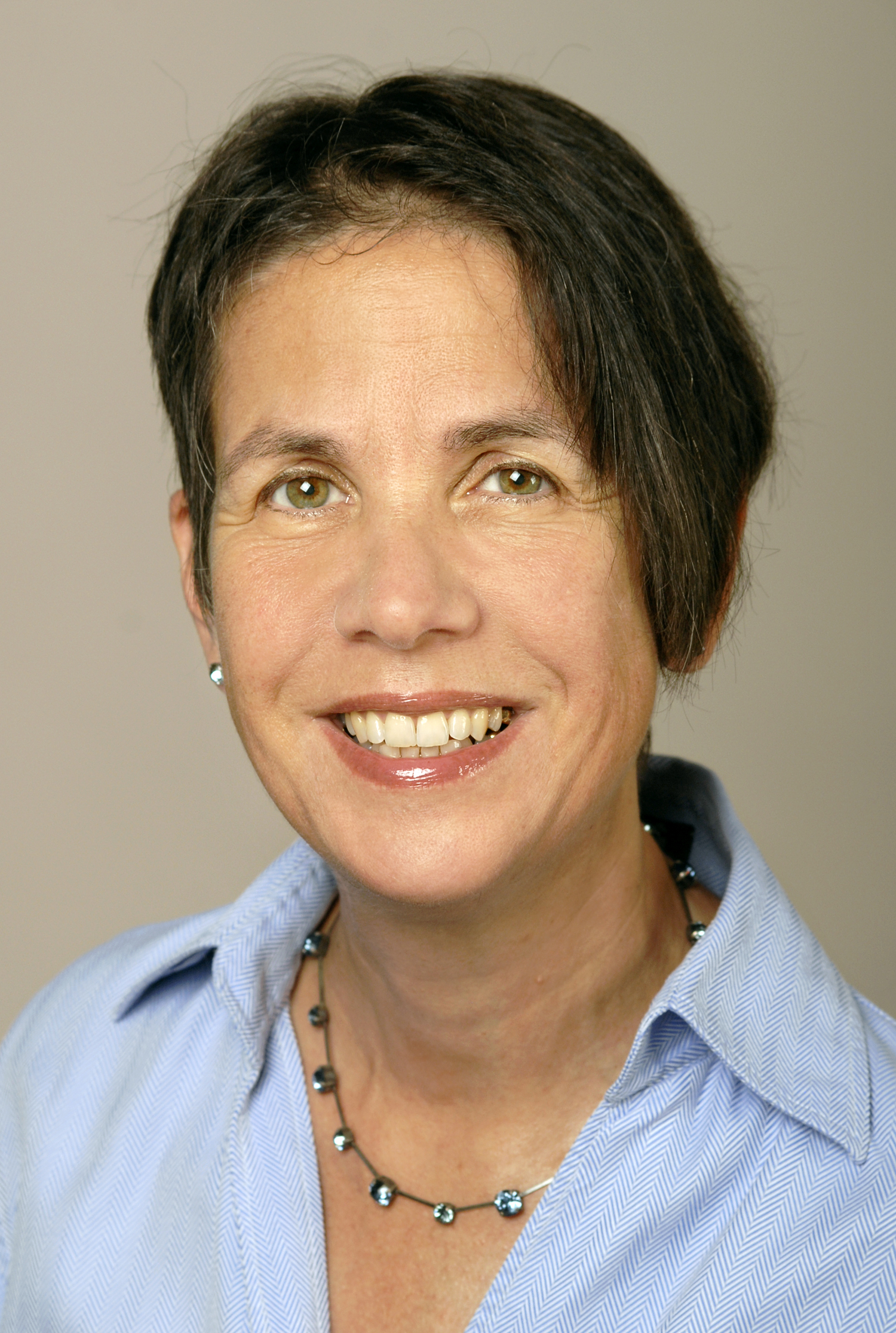Debt brake 2.0 - Which kind of reform achieves what?
11/December/2024
4 pm CET
PLACE
Zoom
LANGUAGE
German

The days of the debt brake in its current form are numbered – there are signs of a reform in the next legislative period. But how exactly should the rules be reformed or supplemented? And wouldn’t there be a need for more far-reaching reforms than those recently proposed by the German Council of Economic Experts?
We talked about this in our New Economy Short Cut: Debt brake 2.0 – Which kind of reform achieves what? with Achim Truger, member of the German Council of Economic Experts, Peter Bofinger, Professor of Economics at the University of Würzburg, Katja Rietzler, Senior Economist at IMK and Florian Schuster-Johnson, Senior Economist at Dezernat Zukunft on 11 December 2024.
You can find a recap of the discussion here.

Achim Truger
Achim Truger has been a member of the German Council of Economic Experts since March 2019. He is a professor of socio-economics, with a focus on government activity and public finances, at the University of Duisburg-Essen. Previously, he was, among other things, head of the "Tax and Fiscal Policy" department at the Hans Böckler Foundation in Düsseldorf.

Peter Bofinger
is a Professor of Economics, Money and International Economic Relations at the University of Würzburg. From 2004 to 2019, he was a member of the German Council of Economic Experts.

Katja Rietzler
co-leads the Tax and Fiscal Policy Department at the Macroeconomic Policy Institute (IMK) at the Hans Böckler Foundation, where she has been a research fellow since September 2012. Previously, she worked in the economic department of DIW Berlin, among others.

Florian Schuster-Johnson
is a Senior Economist at Dezernat Zukunft, where he specializes in fiscal policy, macroeconomics and financial stability in Germany and the EU.
